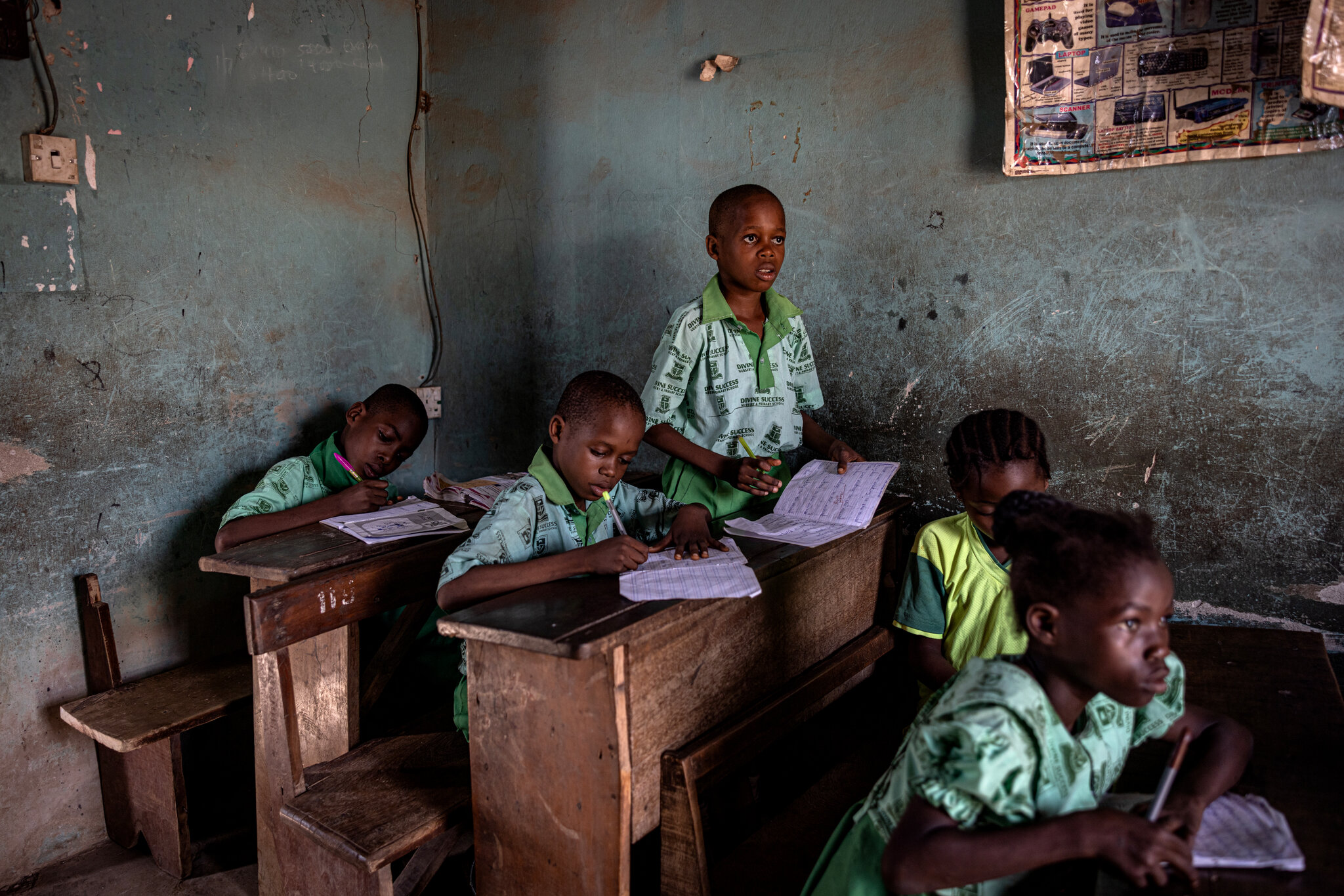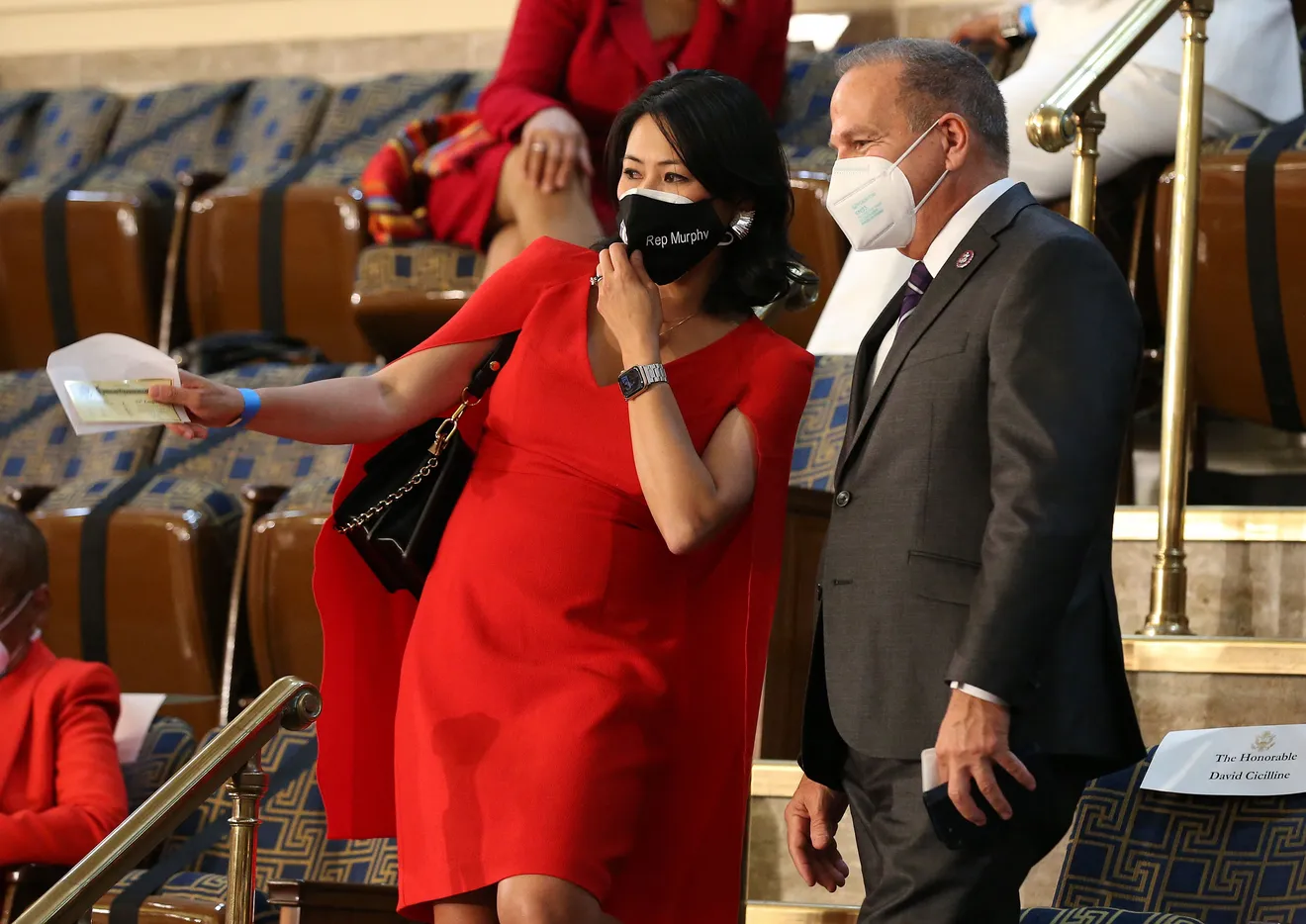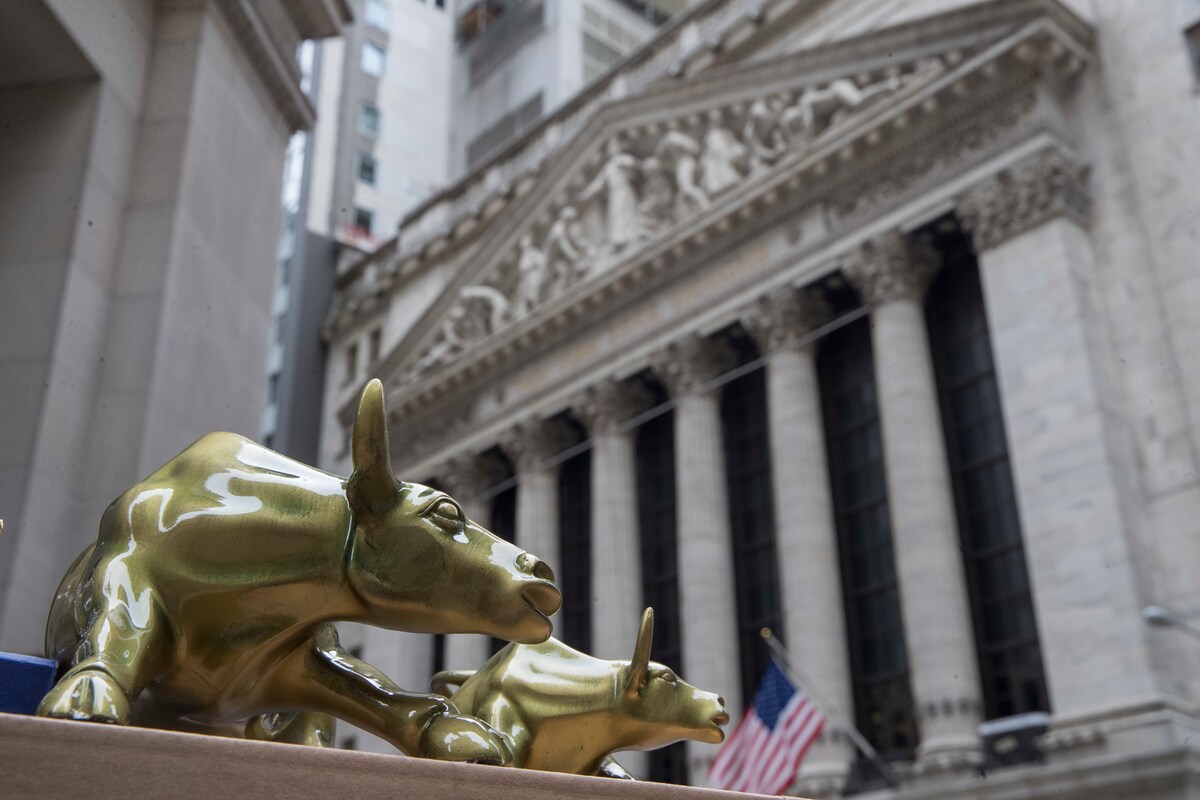As a member of Congress from Florida who used to work at the Pentagon, there is no shortage of national security threats that keep me up at night. China, Russia, North Korea, Iran, the failed state of Venezuela, nuclear weapons, and terrorism all disturb peaceful slumber.
But the most pressing global challenges I see are pandemic disease and climate change. While they may not be considered “national security threats” in the narrowest sense of the term, they pose a clear and present danger to the American people.
Neither threat can be effectively addressed by the United States alone, instead requiring cooperation among countries. Each has the capacity to upend American society in ways the Chinese Communist Party, Vladimir Putin, Kim Jong Un, authorities in Tehran, Nicolás Maduro and leaders of the Islamic State and al-Qaida could imagine only in their darkest dreams.
In the case of pandemic disease, COVID-19 has taken more American lives — 293,000 and counting — than were lost on the combined battlefields of World War I, Korea, Vietnam, Afghanistan and Iraq. Virus-related deaths in this country have even surpassed the 290,000 U.S. combat deaths during World War II. Even as we make progress to develop and distribute a vaccine, we recognize that a pathogen that emerged from China has fundamentally changed life in America for the foreseeable future.
The dangers of climate change — the warming of the atmosphere due mainly to human activity like burning coal, oil and other fossil fuels— may not be as clear-cut as a nuclear explosion in an American city or the death of COVID patients in an American hospital. But the science is conclusive — climate change imperils our country, our citizens and our civilization.
No American state has more to lose from inaction on climate change than Florida, and no state will benefit more from smart and swift action to combat the threat. The Sunshine State is uniquely vulnerable to the consequences of climate change due to its geography and topography.
For instance, Florida is the most hurricane-prone state, and there is compelling evidence that climate change is causing storms to form more frequently, to be more intense and to occur outside of official hurricane season, which runs from June 1 to November 30. The 2020 season was the busiest on record, and I’ve urged the federal government to lengthen the season to better capture the increase in activity.
Climate change poses other severe risks to Florida. It causes rising sea levels that erode beaches, produce flooding and threaten coastal properties. It compromises the quantity and quality of our drinking water. It damages the Everglades, our coral reefs, and our marine life. It harms commercial fishermen and recreational anglers. It leads to hotter and more humid temperatures, a hazard to human health. It jeopardizes tourism. In short, climate change endangers virtually every aspect of what might be called the “Florida way of life.”
It’s not too late to act, but time is of the essence. We must cut greenhouse emissions by modernizing how we generate electricity, power our cars and public transport systems, grow fruits and vegetables, and light and cool our homes and businesses. We must reduce our vulnerability to the effects of climate change, building resilient infrastructure to weather the next storm.
A whole-of-society approach is required, with roles for government, the business community, and conscientious citizens. At the federal level, the Biden administration will rejoin the Paris climate agreement and take other steps to attack the problem, but bipartisan action by Congress is critical.
Florida’s congressional delegation should be at the forefront of this fight, given how much is at stake for our beloved state. If our two Republican senators are as strong on national security as they profess to be, they’ll need to step up — and speak out against the climate change deniers in their party.
Climate change is an existential threat for Florida, but it’s also an opportunity to be seized. There’s no reason our state cannot lead the nation, and the world, when it comes to creating green jobs that pay well and do good. We can out-compete China, rebuild our economy in the wake of the pandemic, and — in the process — save the only planet we have.






